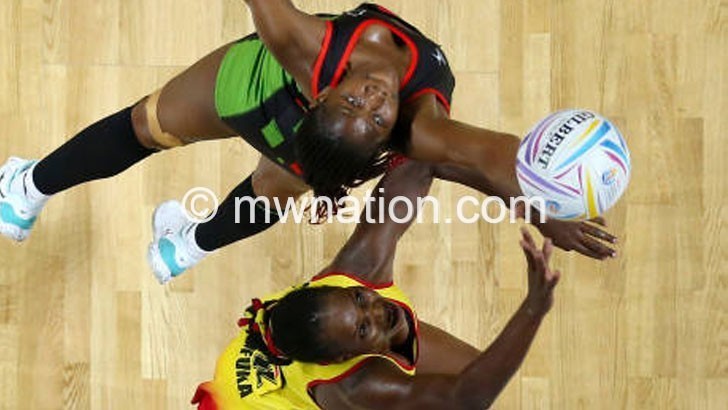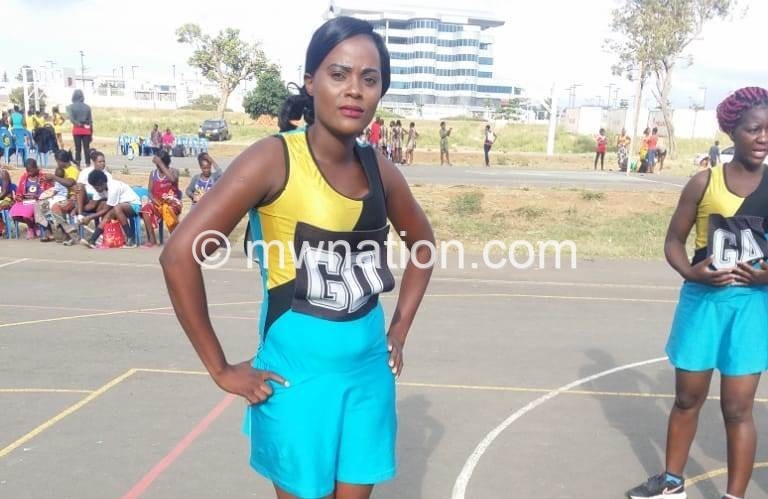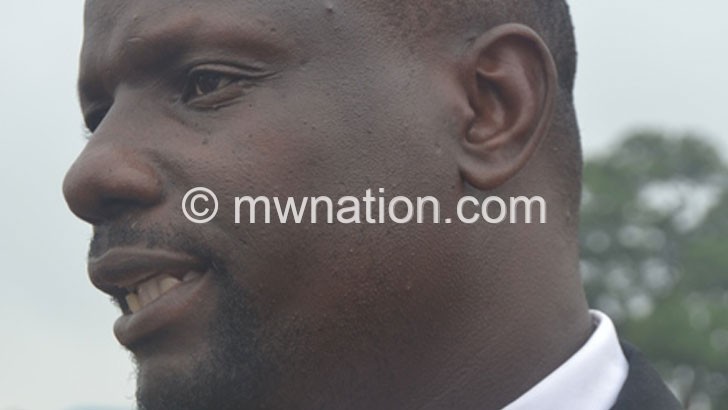Carlsberg going to army

When Red Lions fired five gunshots in gunning down Evirom 5-0 in last Wednesday’s quarter-final replay at a vacant Kamuzu Stadium, the Malawi Defence Force (MDF) football teams’ dominance in the Carlsberg Cup was thoroughly confirmed.
Is it good news? Yes, to the MDF players and coaches who stand to gain in cash and job promotions.
But the dominance hardly reflects that football is improving in the army. There is doubt as to whether that can translate to domestic football development.
“It is my wish that another army team should win this cup,” Mafco coach Stereo Gondwe declared a fortnight ago after ousting Azam Tigers in the quarter-final on post-match penalties at Kamuzu Stadium in Blantyre.
Gondwe, alongside his entire squad, was promoted after winning the Presidential Cup last month at the expense of Silver Strikers. It takes time to earn such promotions in the army; hence, this means a lot to the players.
It was an unprecedented move by the Army Commander General Henry O’dillo and suddenly everyone is taking football seriously in MDF.
“It is my wish that everyone who excels must be recognised. We want them to aim higher,” O’dillo said recently.
Only that such determined approach to the game is limited to cups and not in the league. Yet, everywhere, league form is a genuine gauge of a club’s strength. No army club has ever won the Super League championship since 1986 when the league was born.
At the time of writing this on Friday, the Lions were at the summit, Kamuzu Barracks were fourth on the Super League standings, Moyale were 10th and Mafco 12th. The Army teams start the league campaign brightly, but end disastrously.
What is worrying is that the dominance of the army teams in cup competitions this season hardly reflects increased investment in MDF sports section but rather signals that football standards among the cash-strapped civilian teams are refusing to improve.
The biggest loser could be the Flames who fetch the bulk of its players from civilian clubs. Out of 23 players in the preliminary squad travelling to Botswana via Nigeria, only Harvey Nkacha and Dave Banda are from Kamuzu Barracks.
And they may not even make the starting lineup in Calabar on September 7 2013 in the World Cup qualifiers.
The rest of the Flames’ ‘locals’ Owen Chaima, John Lanjesi, George Mkandawire, John Banda, Gabadinho Mhango, James Sangala, Charles Swini, Douglas Chirambo, Chimango Kayira, and Lucky Malata have been drawn from the civilian teams.
The MDF clubs’ dominance has the Lions meeting fellow soldiers Moyale Barracks in the semi-final while another MDF member Kamuzu Barracks faces the only civilian team Blantyre United.
The semi-final lineup means that whatever the case, a second army team may sweep a second cup, leaving the civilian teams biting dust.
So, a Blantyre United side that is struggling to move out of the TNM Super League relegation zone will fly the civilians’ flag in the semi-finals. What has gone wrong among the civilian teams?
Silver Strikers have sound sponsorship but politicking and failure to replace departed key players has the Bankers in man-made crisis. Mighty Wanderers are still finding their feet after their characteristic chopping and changing.
Civo United, who lost on post-match penalties to Blantyre United, were betrayed by a thin squad and lack of quality. They never buy quality and they cannot win silverware. Blantyre are very modest in ambition.
Big Bullets, minus Gabadinho Mhango’s crisis of confidence, lack that cutting edge and an element of surprise. The league remains the only realistic prospect for the People’s Team. The revival of Bullets in the last two seasons was felt to have helped reignite passion for the domestic game.
But what remains true in hugely impressive patronage even in the face of competition from European football action beamed on the television sets, the MDF teams’ dominance speaks volumes of how the play field has become so level that it is difficult to single out a giant.
Elsewhere, army teams are professional entities that invest in players and coaches. But in Malawi Army coaches and players are shifted and transferred anyhow.
Red Lions coach Collins Nkuna was assigned to army duties. Kamuzu Barracks and Moyale Barracks coaches Kenwood Nkhoma and Temwa Msuku too were moved elsewhere for other assignments.
Yet, somehow, the army teams are doing well. This seems a one-off development not worth reading much into.





